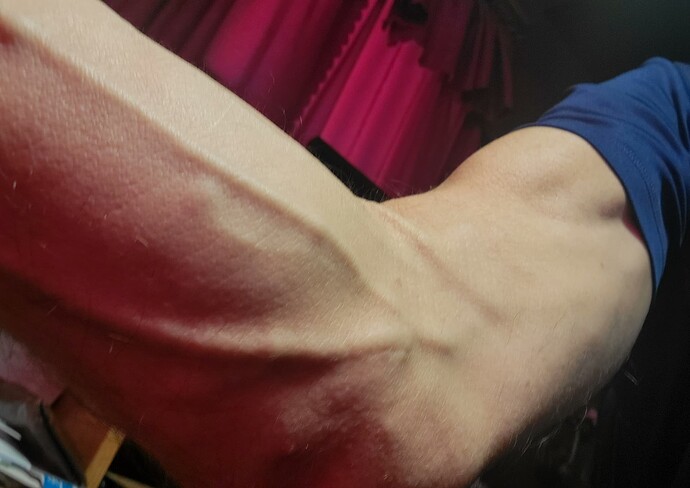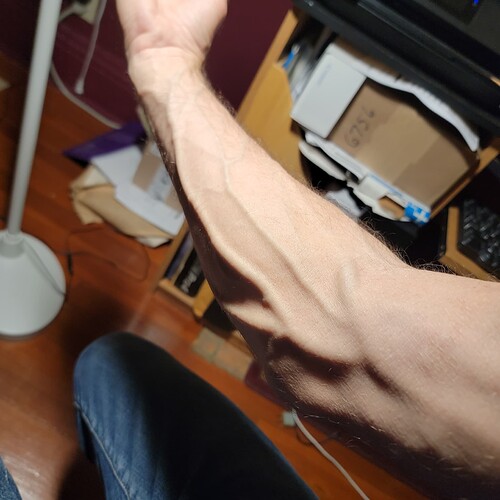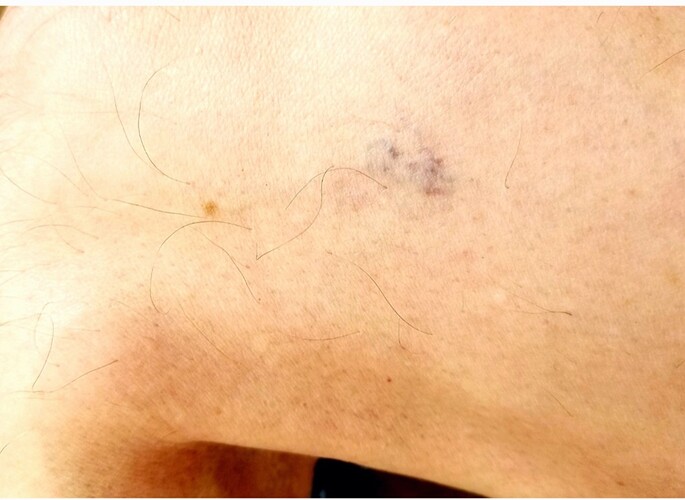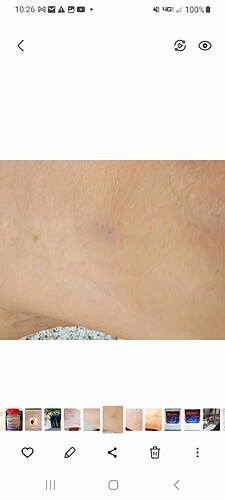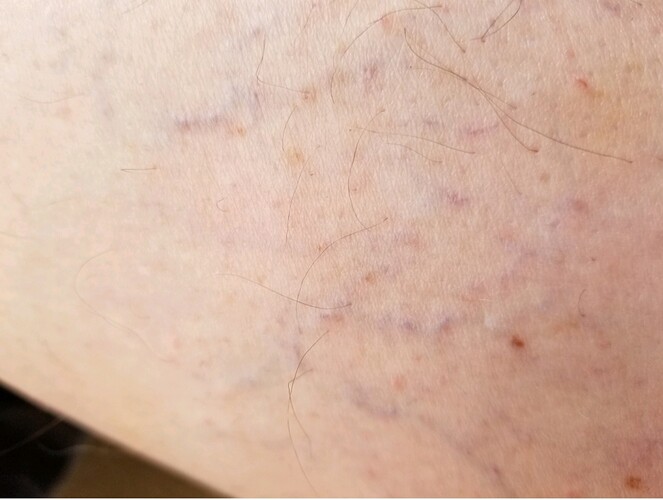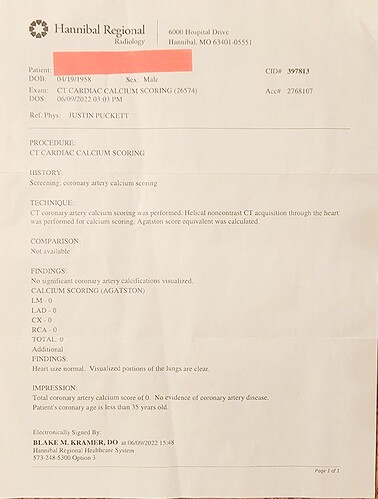Rapamycin is considered by most longevity scientists and geroscience researchers to be the “gold standard” of longevity drugs; with healthy lifespan improvement typically in the range of 15% to 30%, and as high as 37% when combined with another longevity drug “Acarbose”. While these results have been in animals, there are many early indications that these benefits may also translate to people.
BUT, rapamycin is a serious drug that can have serious side effects if you dose too high, and other factors. This is not a risk-free drug. If you are considering using rapamycin BE SURE to spend a few months reading all the information here and elsewhere on it so you can make an informed decision, ideally working in concert with a doctor. Don’t just rush into taking rapamycin because you heard a podcast or news story mention it.
Its important to note that dosing for longevity purposes as recommended by doctors today is currently only once (1 time) per week, or in some cases once (1 time) every two weeks. People are, however, experimenting with many different dosing regimens to find out what works best for themselves.
If you are new to Rapamycin you likely have questions… such as:
- What has research shown about Rapamycin for healthy life extension?
- What age is the best to start Rapamycin?
- What are the benefits people are seeing with Rapamycin?
- What are the side effects people are seeing with Rapamycin?
- What are the risks and dangers associated with rapamycin?
- Why do people dose rapamycin only once per week when taking it for longevity?
- What are typical dosing levels people are taking of Rapamycin for longevity purposes?
- What are common food / drugs / supplements that can cause issues with Rapamycin?
- How do I get a rapamycin Prescription?
- How do I buy Rapamycin and what are good prices for Rapamycin?
- Can Rapamycin slow Skin Aging?
- Can Rapamycin help hair growth, reverse gray hair?
- What are people’s results so far with Rapamycin? What percentage keep taking it?
Click on the Link Below For Answers…(and be sure to register for this forum to get weekly updates on the latest longevity drug news and information).
Start Here: Rapamycin Frequently Asked Questions and Answers
Note: if you have specific questions in mind or topics, you can use the search button in the top right corner of the screen (the magnifying glass) to search on our forums for past discussion topics.
